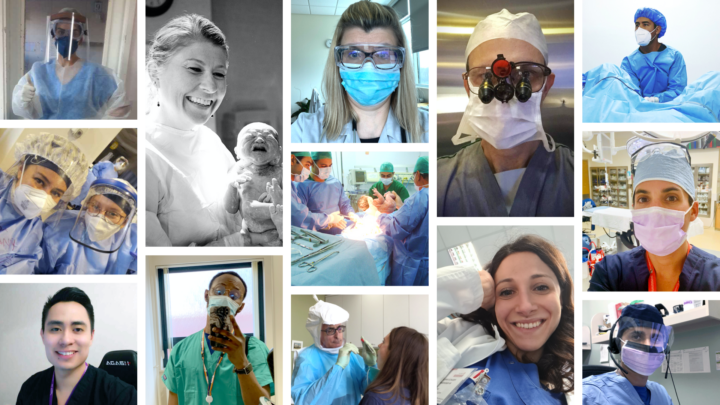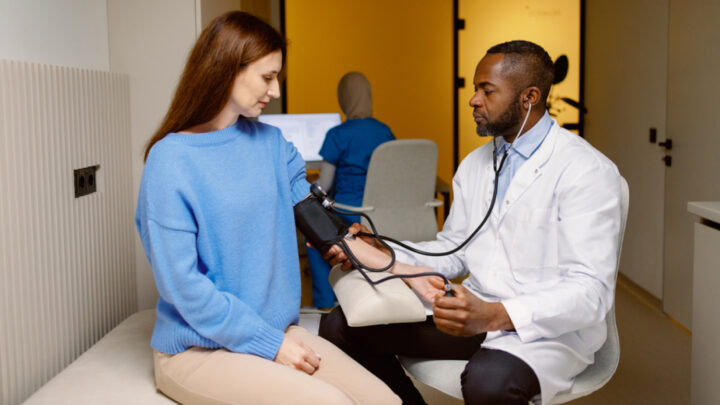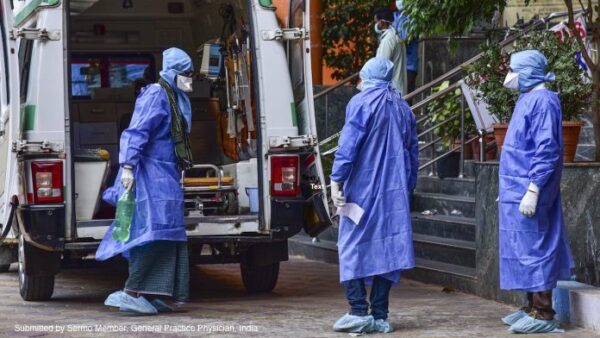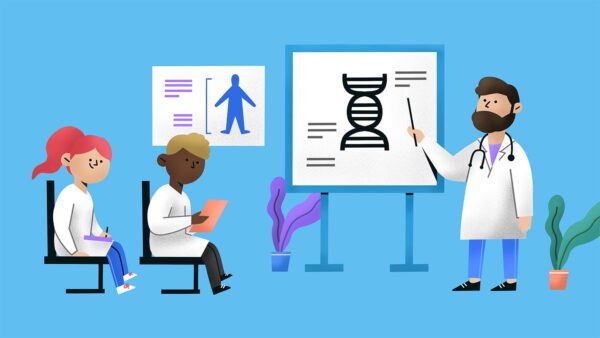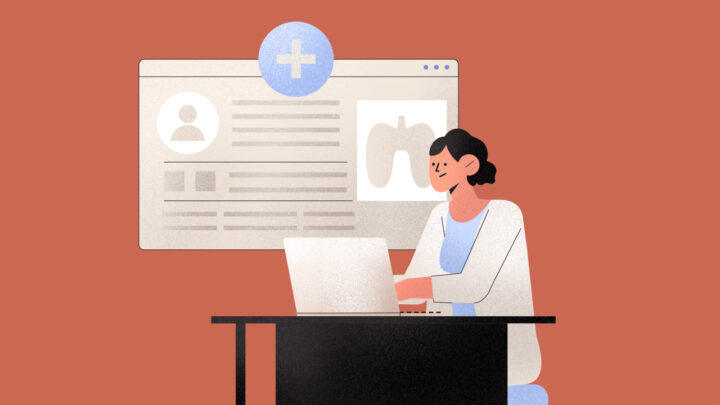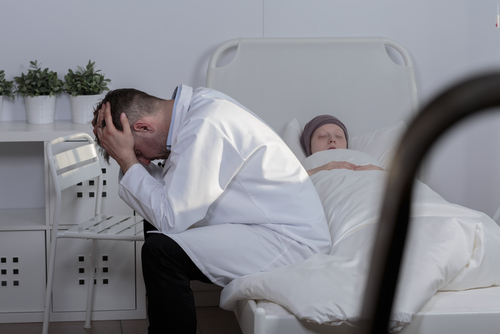
While all jobs can be stressful, doctors are one of the only professions who have to go to work and face the possibility of a life-or-death situation in their hands. While doctors are often revered for their prestigious careers focused on treatment and care, every healthcare professional must confront death. In fact, preparing for death can be as much a part of the job as saving lives.
Doctors are not trained to deal with death. Medical school and their years of training are focused on saving lives, not dealing with mortality, and for many, death of a patient can be almost unbearable; balancing their own human grief and professionalism can become impossible.
A Sermo doctor recently reached out to his fellow physicians, describing their personal encounter with this challenge:
There’s too much death. Try as I might, I cannot distance myself from it, as we are knee deep in it. And it’s never a predictable or quick thing. It’s drawn out, and we draw it out as long as we possibly can. That’s our job.
Many Sermo physicians responded with advice on how they faced and came to terms this distressing part of their jobs:
“Years ago, I asked an oncologist how he could deal with these awful diseases day after day and stay sane. He answered that he was in no way responsible for his patients’ unfortunate circumstances and was just doing his best to help them – no guilt and no feelings of helplessness or futility. I think you need to integrate that into your being in order to function as a physician.” – Pathology
“In over 40 years of practice, I never saved a life. I only prevented premature deaths for many.” – Emergency Medicine
“Everybody dies. That is the only certainty in this life. Our job, by definition, is to advise and assist in life prolongation. For those who can’t be assisted, we comfort and aid the patient and family/friends as the patient dies.” – Neurology
“’Life is a terminal condition.’ It is only what each person makes of it. No more, but most assuredly no less. As a physician, I feel that my role is to address improvement in QOL, trite as that may seem. And 15 years ago, I accidentally stumbled upon (with some great mentors!) the way that I could provide this improvement, in spades! Physicians who feel that they can indeed make a difference in the lives of many, and improve the QOL of many, are the ones who don’t burn out, who still respect themselves and the profession, and who can still look forward to each day of practice.” – General Surgery
“We can’t always make people better but we CAN always make people more comfortable.” – Pulmonary/Respiratory Medicine
“As an oncologist and a hospice director I saw many patients and families suffer, often needlessly when overzealous oncologists insisted on worthless, toxic chemotherapy. But in the end, I had so many grateful patients it has been worth it. I keep all of the lovely letters and notes from patients and families and often go back and read them. It reminds me that I have been helpful to many even when they died and often made their death ‘better’ in the eyes of the family.” – Oncologist
“I am not sure that my job is to ‘prolong’ life. I see it as making it better. That may not prolong it. What better is should be a discussion between the physician and patient who formulate a plan that both (hopefully) can agree to.” – Family Medicine
“Your job/profession is not to prevent ultimate death but to help make living less of a chore and more of a blessing. While it is always sad to have to say goodbye to those under our care, as long as we did what could be done, we must be able to reconcile that activity with death.” – Emergency Medicine
Are you a physician? Join Sermo to learn what medical schools don’t teach from peers who have been there too.
